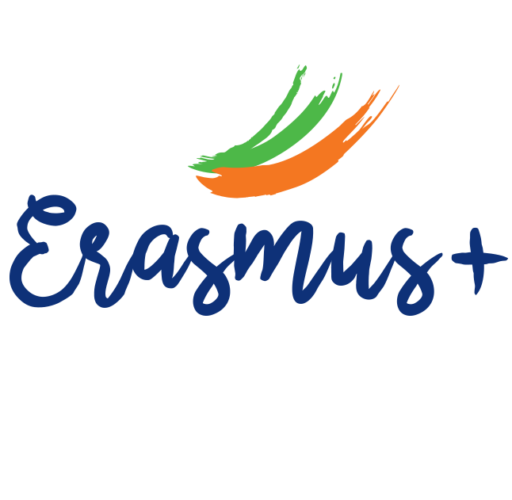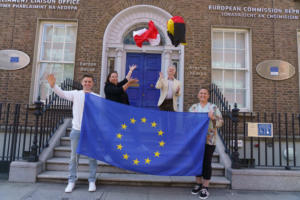
85,000 learners on track to benefit from new Erasmus+ Programme
Gerry O'Sullivan
Posted: 22 June, 2021
Over 85,000 learners, staff, young people and volunteers are on track to benefit from improved funding under the new Erasmus+ and European Solidarity Corps Programmes from 2021 to 2027. European Union funding of €42m is available in 2021 alone to support study visits, traineeships, volunteering and inter-institutional collaboration between schools, further education centres, adult education, youth and higher education institutions.
The announcement was made at the joint virtual launch of the programme by the Erasmus+ National Agencies at the Higher Education Authority (HEA) and Léargas today (22.06.2021)
Welcoming the announcement, Minister for Further and Higher Education, Research, Innovation and Science, Simon Harris TD said, “This is a record-breaking year for Erasmus+ with more people than ever applying for the programme. This is despite the uncertainty of the pandemic and Brexit.
And this year, for the first time adult learners will be able to travel for periods of learning. This is a really exciting development in expanding this important programme. Erasmus+ has opportunities for so many different kinds of people. It is for everyone and I am so pleased the doors are being opened for more to access it.”

Celebrating the launch of the Erasmus+ Programme (l-r) Conor McKeon (Erasmus+ student DCU), Lorraine Gilligan, (Léargas), Gerry O’Sullivan (HEA) and Kay McGovern (Erasmus+ project beneficiary)
At the launch, Gerry O’Sullivan, Head of International Programmes at the HEA said that the increase in funding will enable a more inclusive and diverse programme.
“In Higher Education, the new Erasmus+ has had its most radical overhaul since 2007 introducing new shorter mobility options alongside the traditional 2-12 month periods. Much needed additional finance is also being provided to boost the participation of students with fewer opportunities. Since 2014, we have been providing top-up support for SUSI grant students with participation rates growing from 6% to 17% in 2019. The provision of an additional €250 per month for this category will have a major impact in this area.” He added, “Higher education students and staff have lost none of their appetite for study/work abroad due to the pandemic and Brexit, with a record application rate for over 7000 higher education mobilities for the period 2021-23.”
Lorraine Gilligan, Executive Director of Léargas, said: “The pandemic and associated restrictions have had an unparalleled impact on young people in particular, right across society. Some have felt ‘locked out by lockdown’ and we are delighted that with the increased funding for Erasmus+ and the European Solidarity Corps, we are beginning to unlock transformative opportunities to travel, study and volunteer abroad for even more people in Ireland.
For the first time, Adult Learners will be able to travel for periods of learning with their peers. We’re also looking forward to welcoming more early Childhood organisations into Erasmus+. This wider scope means that even more organisations across Ireland can work with their peers to make society more inclusive and diverse; more digitally literate and adaptable; more environmentally conscious; and to encourage the active participation of young people in their communities.”


